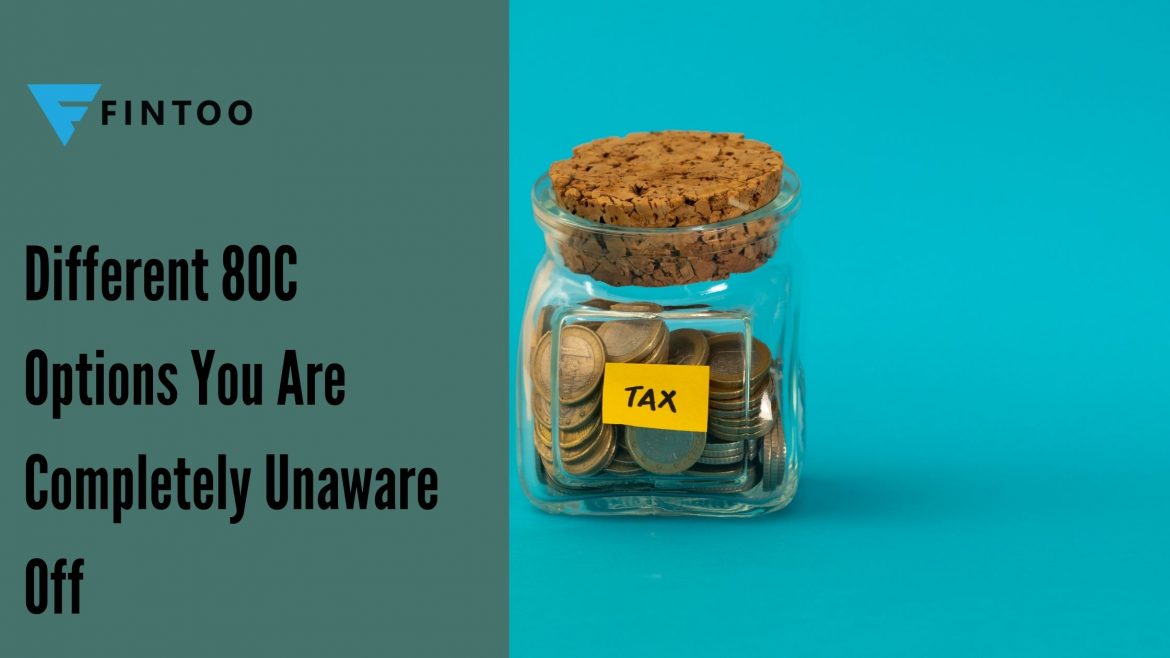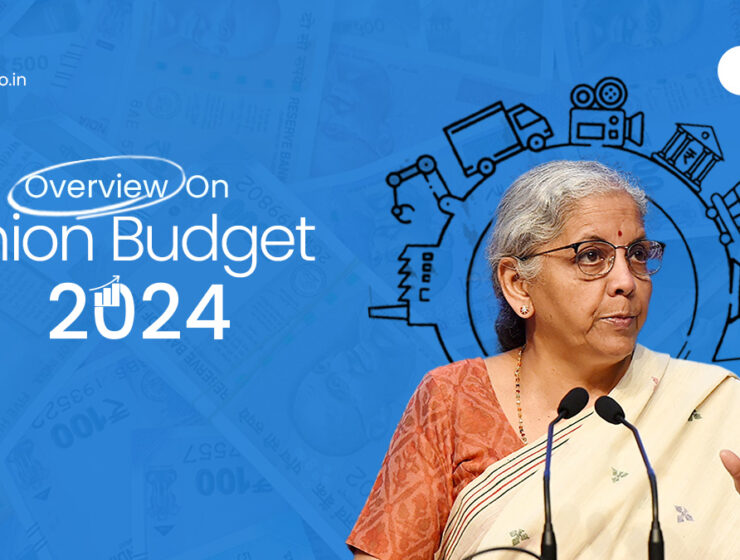

Tax Awareness’ is keeping yourself up to date with current tax rules made. Tax is vast and it is very difficult too, to keep up with the changes in these rules every year. And it is because of this lack of awareness, people just pay the tax that gets deducted from their salary. They feel that tax is so complicated, that is better to just pay it off. Some people have had bad investment experiences, so they do not want to take the risk of investing again. All these problems are caused due to unawareness of the deductions available.
If asked, what is a basic tax deduction that everyone knows about, all will say section 80C, but people are still unaware of the investment tools available under it. Many people completely exhaust their deductions under this section, by investing in popular investments like PPF, life insurance, the principal amount of the housing loan, fixed deposits, etc. They invest the maximum amount which is Rs. 1.5 lakhs p.a.
A person’s 3 to 4 months salary gets deducted in a year, towards paying taxes. Can’t believe it? well, it’s true. I’m sure those of you who are paying taxes without trying to save them, are now thinking twice. You should, you will be shocked to see the difference between how much you can save, and how much you were actually paying. A normal salaried man will be clueless as to what are the changes in the tax rules, so he/she should seek a consultant’s help. There’s one more added benefit to savings your taxes, you are also creating wealth for your future use. For example, if you invest in an ELSS fund, you are claiming your tax deduction under section 80C, as well as building up a corpus for the future.
Must read: Why Tax Planning Is So Important That It Can’t Be Missed
This table will show you the comparison of the tax treatment, of some of the popular investments under section 80C:
| Tax savings tools | Lock in duration | Pre-tax rates | Post-tax amount |
| Equity Linked Savings Scheme (ELSS) | 3 years | 12% – 14% | After the lock-in period, a gain of more than 1 lac is taxable at 10%. |
| Life Insurance | 5 years minimum | 4 – 6% | The claim is tax-free |
| National Saving Certificate | 5 years | 6.8% | Interest is taxable |
| Public Provident Fund | 15 years | 7.10% | Tax-free |
| 5 year Fixed Deposit | 5 years | 5.5-6.7% | Interest is taxable |
Now look at the investment avenues, under section 80C, and see where you can save more :
1. Registration charges and stamp duty for a house:
The registration fees you pay for registering your documents of the house and the stamp duty that you pay, these amounts can be claimed as deductions under section 80C. Many people don’t even know that such a deduction exists. Well, now you know.
2. Sukanya Samriddhi Account:
In this scheme, you can open an account on behalf of your minor daughter till the age of 10. Any amount deposited in this account would be eligible for deduction under Section 80C. Further, this account can be opened for a maximum of two girls, and in the case of twins, this facility will be extended to the third child as well.
3. Children’s education fees:
Your child’s education fees can also be claimed under this section. Many people are not aware of this deduction as well. Of course, you have to show the receipts of the school fees to claim as a deduction. Those people without children, cannot make such claims.
4. Public Provident Fund:
Also known as PPF. It is one of the best-assured investments. It is completely tax-free. The current rate of interest is 8.7% it’s for a term of 15 years, with a minimum amount of Rs. 500 and maximum amount Rs. 150000/-. The only problem is that the interest rate is not fixed.
5. Provident Fund (PF) and Voluntary Provident Fund (VPF):
In your PF, both you and the employer contribute, while the employer’s contribution is exempt, your contribution is available for deduction under section 80C. VPF is the extra contribution that you make apart from your contribution to your employer.
6. Life insurance premiums and ULIPS:
Life insurance premiums take for self, spouse or children only, can be claimed as deduction, under this section. If you are paying more than one premium, it can be included in this deduction. The same goes for ULIP.
7. Equity Linked Saving Schemes (ELSS):
If anyone invests in this fund, there is a lock-in period for 3 years. This means that you cannot withdraw the money for 3 years. So if this fund is kept for 3 years, then you are eligible for deduction under this section.
The EMI consists of 2 amounts, Interest and principal amount, so in this case, only the principal amount is up for deduction here. Interest amount can be claimed as deduction under section 24 as a loss from house property.
9. POTD – Post Office Time Deposit:
They are similar to fixed deposits. The interest earned is taxable but can be claimed under this section. The rate of interest is compounded quarterly but paid annually. A time deposit of tenure of 5 years is eligible for deduction under 80C.
10. Fixed Deposits (FDs):
This is a 5 year small saving scheme, available for deduction. The interest is fully taxable but as it is reinvested, the interest is also eligible for 80C deduction.
The interest income is chargeable to tax but the amount invested can be claimed as a deduction under this section.
Everyone wants to save taxes, but awareness is the barrier. These tax-saving tools can help you get yourself started. As mentioned earlier, that tax is vast and only with an expert’s help, you can make use of all the tax deductions properly. So it’s better to take the help of an expert, so you can save more of your in-hand salary. If you can save it, why pay it!
A financial planning platform where you can plan all your goals, cash flows, expenses management, etc., which provides you advisory on the go. Unbiased and with uttermost data security, create your Financial Planning without any cost on: http://bit.ly/Robo-Fintoo
To Invest and keep regular track of your portfolio download: Fintoo App Android http://bit.ly/2TPeIgX / Fintoo App iOS http://apple.co/2Nt75LP‘
Disclaimer: The views shared in blogs are based on personal opinion and does not endorse the company’s views. Investment is a subject matter of solicitation and one should consult a Financial Adviser before making any investment using the app. Making an investment using the app is the sole decision of the investor and the company or any of its communication cannot be held responsible for it.
Related Posts
Stay up-to-date with the latest information.


